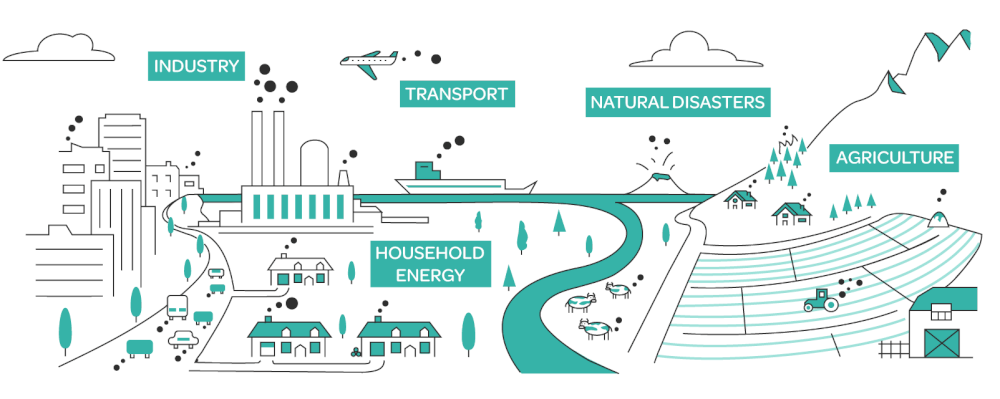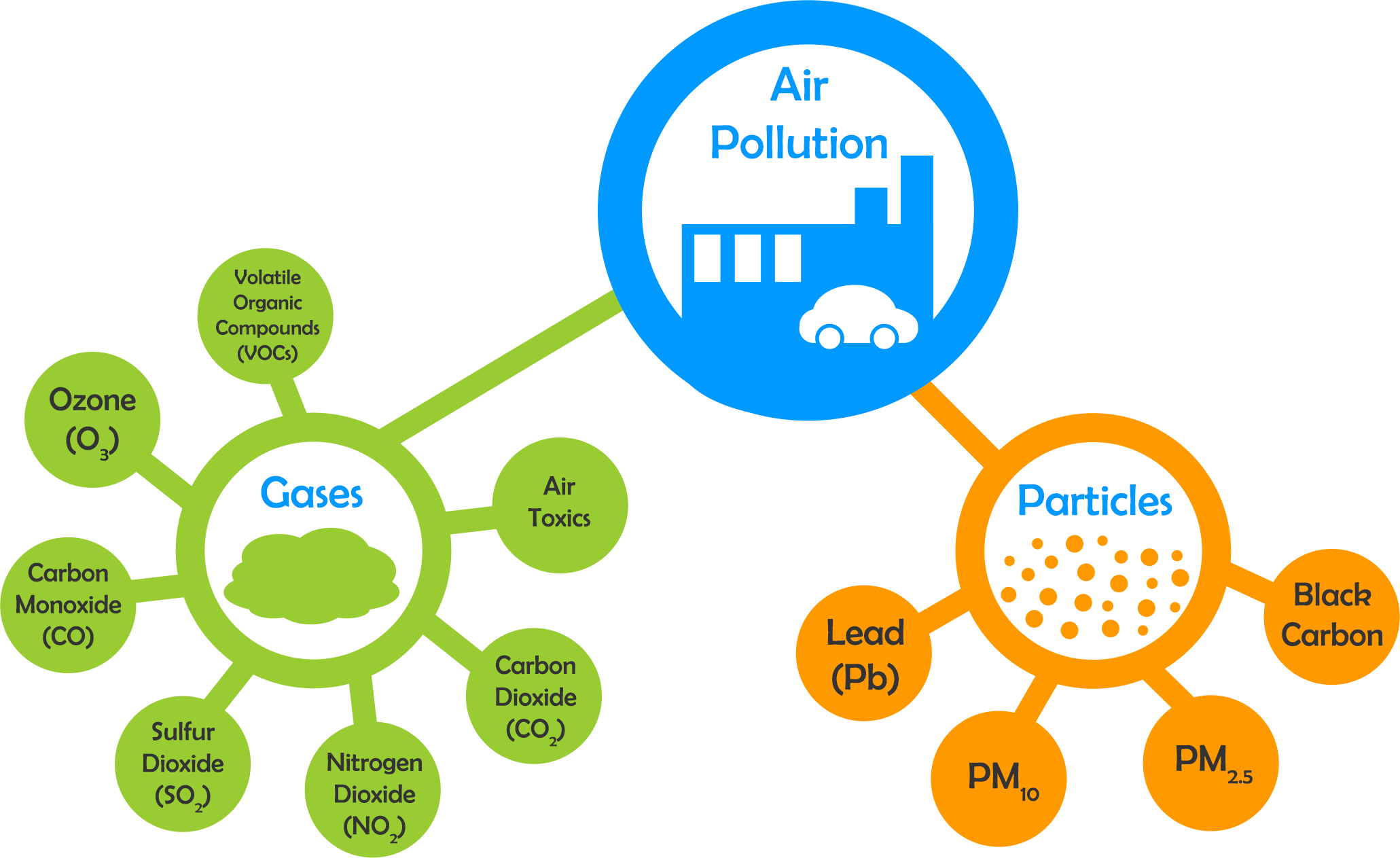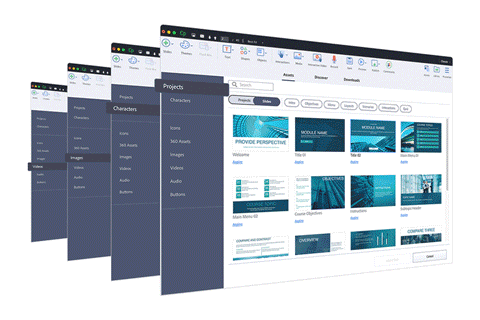Atmospheric Pollution Control AM216021 Current Open for UCT
Topic outline
-
General information
 This course provides fundamental knowledge in the nature of atmospheric pollution, relative types, correlated effects, control principles and applications.
This course provides fundamental knowledge in the nature of atmospheric pollution, relative types, correlated effects, control principles and applications.
The interactive video conferencing-based tools are available in Microsoft Teams and Zoom Video Communications (screen share interactive face-to-face learning).


-
Extra information associated with a particular point in a document or other piece of information
-
Contact, profile, and consultancy tools with the professor
-
General principles, pedagogy and management strategies used for classroom instruction
-
Types and grades of qualification suggested to follow the course
-
Resources used in teaching and learning to help achieve desired studying objectives
-
The amount of working time expected or assigned students
-
General endpoints of knowledge and understanding after the study
-
Function indicates that the study should completed with substantially quality and credit
-
Assessment by lecturer of all aspects of the learning experience
-
Recommended textbooks, reference books, workbooks and handbooks
-

An informal gathering where current students can learn all about
(designed openly for enrolled participants)
-
-
-
Lecture 03 Composition, varying of gases, criteria pollutants, sources and sinks Lesson

Key issues:
- Physicochemical properties of major air pollutants
- Composition: spatially & temporally varying of gases
- Ambient mixing ratios
- Main gases, natural and artificial sources & sinks
- Health effects and environmental impacts
- Contribution to pollution phenomenons
- Abundance indoor, outdoor, acid deposition, stratospheric ozone and climate change
-
Module 03 Composition, varying of gases, criteria pollutants, sources and sinks File PDF
(Supporting handouts for Lecture 03, printable pdf format, A4 size, landscape layout)
1.7 MB -
Shared media: a thermal imaging experiment & extended satellite measurments Page

Illustrative video clips explain:
- Controlled experiment on how greenhouse gases absorb infrared light
- Extended results of satellite observation related to global warming
- Nitrous oxide and the silent climate impact worse than CO2
- The dynamics of CO2 levels using Orbiting Carbon Observatory-2 data visualization
-
Relevant link / literature URL

Greenhouse gases - Inventory data, profiles, maps and indicators
-
Individual presentation 03 Workshop

Title 03: Climate change and trends, mitigation and adaptation programme
-
Practical exercise series / Topics 7 and 8 Assignment

Topic 7. Atmospheric structure and characteristics, 4pts
(8 x 0.5pt)
Topic 8. Air pressure, density, volume and processes affecting temperature, 10pts
(a. 1pt / b. 2pts / c. 2pts / d. 2pts / e. 1pt / f. 2pts)
-
